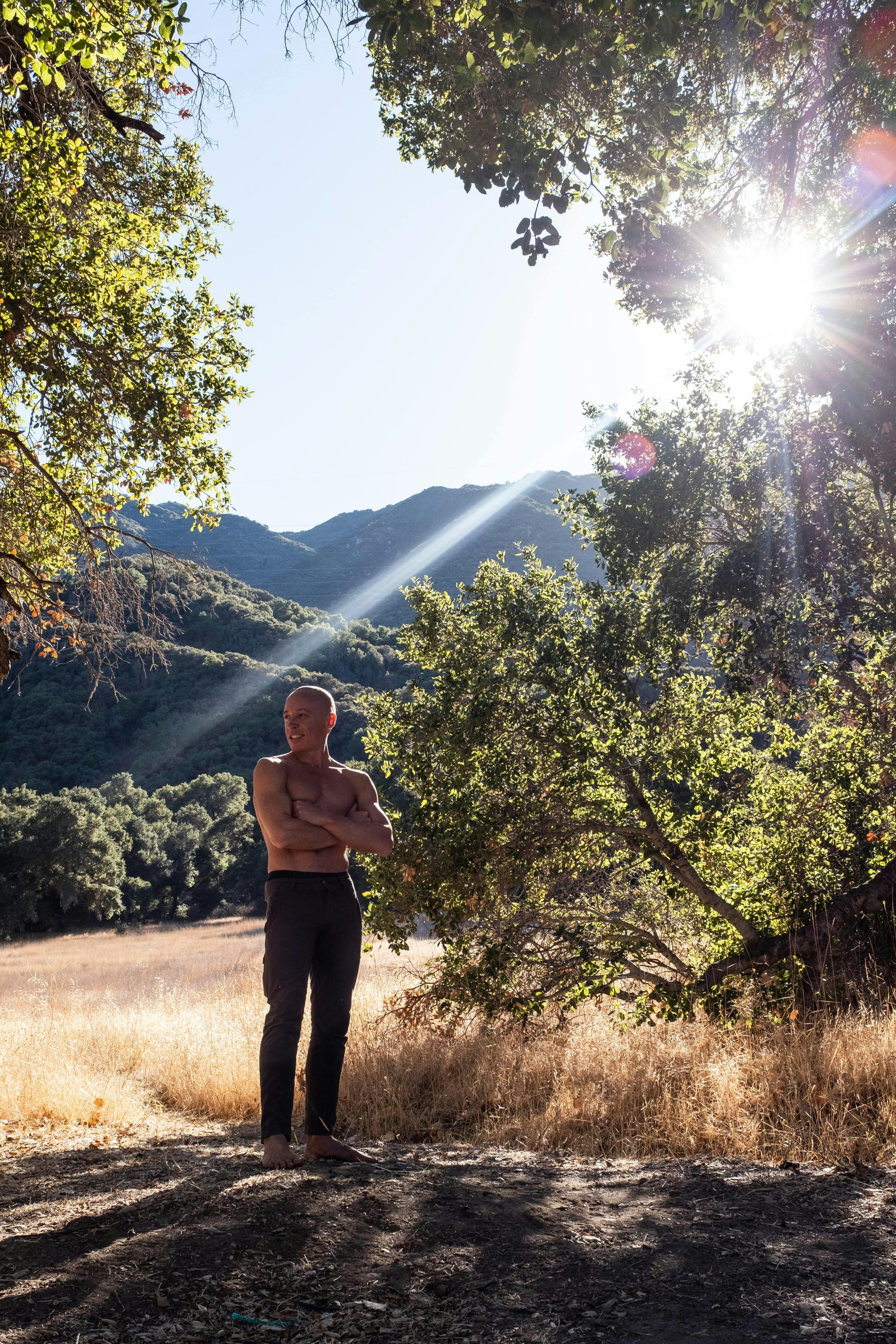Tensor Fascia Lata
Iliotibial Band
Gluteus Medius
Iliotibial Band
Gluteus Medius
Adductor Longus
Gracilis
Adductor Brevis
Gracilis
Adductor Brevis
Pectoralis Major
Anterior Deltoid
Subclavius
Anterior Deltoid
Subclavius
Upper Trapezius
Levator Scapula
Posterior Deltoid
Levator Scapula
Posterior Deltoid
Vastus Lateralis
Tibialis Anterior
Extensor Dig. Longus
Tibialis Anterior
Extensor Dig. Longus
Semimembranosus
Gastrocnemius
Soleus
Gastrocnemius
Soleus
Pectoralis Major
Biceps Brachii
Brachialis
Biceps Brachii
Brachialis
Infraspinatus
Supraspinatus
Teres Minor
Trapezius
Supraspinatus
Teres Minor
Trapezius
Semitendinosus
Piriformis
Gluteus Maximus
Gastrocnemius
Piriformis
Gluteus Maximus
Gastrocnemius
Psoas Major
Rectus Femoris
Tibialis Anterior
Rectus Femoris
Tibialis Anterior
Pectoralis Minor
Coracobrachialis
Biceps Brachii
Coracobrachialis
Biceps Brachii
Teres Major
Posterior Deltoid
Upper Trapezius
Posterior Deltoid
Upper Trapezius
Biceps Femoris
Gluteus Maximus
Gastrocnemius
Tibialis Posterior
Gluteus Maximus
Gastrocnemius
Tibialis Posterior
Pectineus
Iliacus
Adductor Magnus
Sartorius
Iliacus
Adductor Magnus
Sartorius
Latissimus Dorsi
Biceps Brachii
Forearm Flexors
Biceps Brachii
Forearm Flexors
Upper Trapezius
Lateral Deltoid
Supraspinatus
Lateral Deltoid
Supraspinatus
